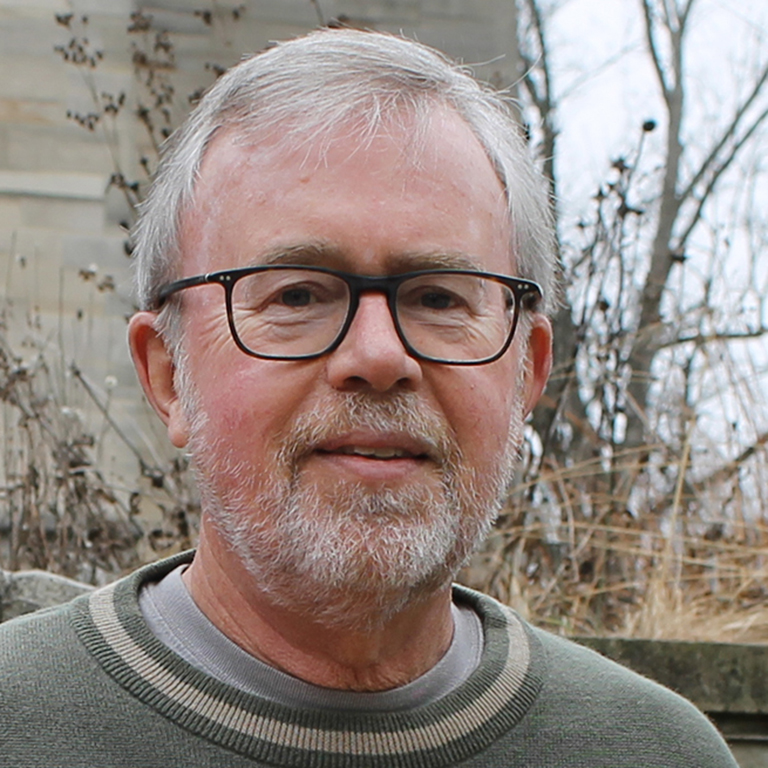Following weeks of anticipation, Brood X cicadas started emerging in central Indiana in late May. After 17 years underground, billions of the periodical insects will take their adult forms, mate, lay eggs, and die in a cycle that will wrap up in late June and early July.
In anticipation of this frenzied “cicadian rhythm” finale, In This Climate podcast checked in with IU Professor Emeritus Keith Clay, an affiliate of the Environmental Resilience Institute, who has spent time studying periodical cicadas. During his interview with ITC hosts Jim Shanahan and Gabe Filippelli, Clay touches on how cicadas affect forests, their evolutionary survival strategy, and which trees they prefer to lay their eggs.
“[Cicadas] do a number of things for forests systems,” Clay said. “When they die, enormous quantities of dead bodies accumulate on the forest floor and rot away. There’s been this 17-year period where nutrients and minerals have slowly accumulated in their bodies and now they’re being re-released.
“Their emergence holes represent conduits for water infiltration deep into the soil as well as conduits for gaseous exchanges with the atmosphere, similar to what people do when they aerate their lawns.
“[Cicadas] also provide a vast pulse of food for all the animals in the forests and suburban areas. They basically stop what they’re doing and start chowing down.”
In This Climate is a joint venture of the Environmental Resilience Institute and The Media School at IU and can be listened to through Apple podcasts, Spotify, or wherever you find podcasts.



